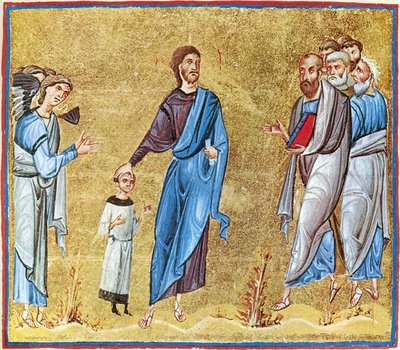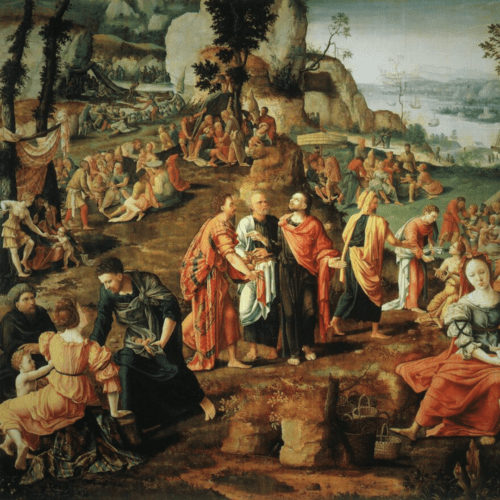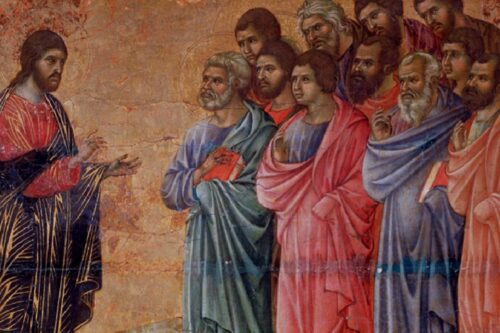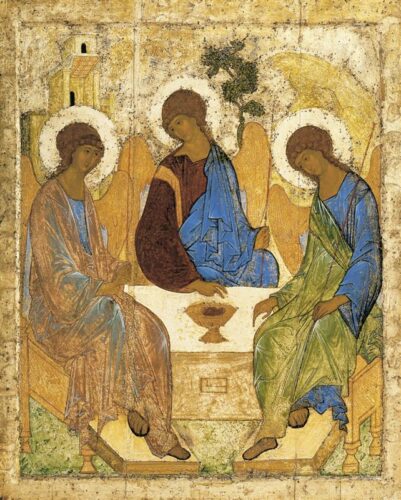“Whoever does the will of God is my brother and sister and mother” (Mk 3, 35)
For today’s readings, consult AELF – June 9, 2024.
Today’s gospel teaches us that even Jesus faced opposition. The scene takes place in Capernaum: attracted by the miracles, crowds gather to listen to the Master. The influx is so great, the demand so constant, that Jesus doesn’t even have time to eat; he is completely overwhelmed, overworked.
There are several reactions we observe. First, a group of people from his family tries to take him away from the crowd. They may have good intentions, but they fail to understand Jesus’ true mission. They think he has lost his mind. And why wouldn’t they? For 30 years, he lived a simple, ordinary life in Nazareth, and now, he travels the country claiming to be God’s messenger, the Messiah.
Jesus’ relatives are bewildered and fear trouble. Hence their attempt to seize him and bring him back in line.
More serious is the refusal of the scribes who came from Jerusalem. These are declared adversaries who have considered eliminating Jesus. Surprised by the healings and the numerous miracles he performs, irritated by his growing authority among the people, they seek to discredit him by any means and distort the meaning of his actions.
The scribes even go so far as to insinuate that if he does such surprising things, it is by Beelzebul, the prince of demons, that he accomplishes them. Thus, he is not a prophet, but a magician. He is not a witness of God, but an agent of Satan.
Comparing Jesus, on whom the Holy Spirit has rested, to an impure spirit is a particularly grave and dishonest act. Common language sometimes describes a particularly odious act as unforgivable. Jesus makes a similar remark about the hateful scribes:
“If anyone blasphemes against the Holy Spirit, he will never be forgiven” (Mk 3, 29).
God can forgive all human weaknesses and wanderings. But He is powerless before those who, in defiance of all evidence, stubbornly claim that light is darkness, that evil is good.
The bad faith that rejects the Savior, by misinterpreting the signs of his divine mission, renders the sinner unforgivable because he closes himself off from the forgiveness God offers him.
Ge 3, 9-15 / 2 Co 4, 13 – 5:1 / Mk 3, 20-35














Comments are closed.